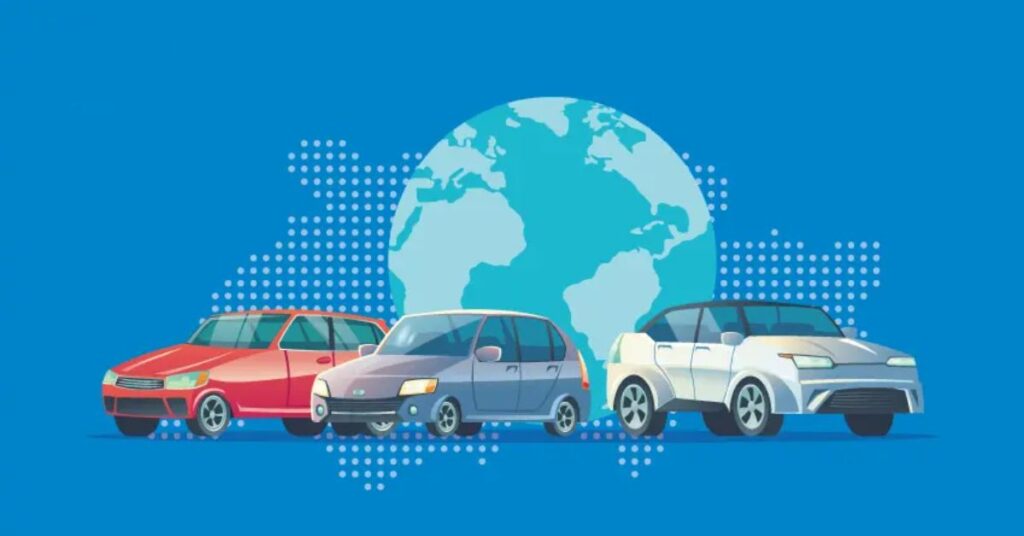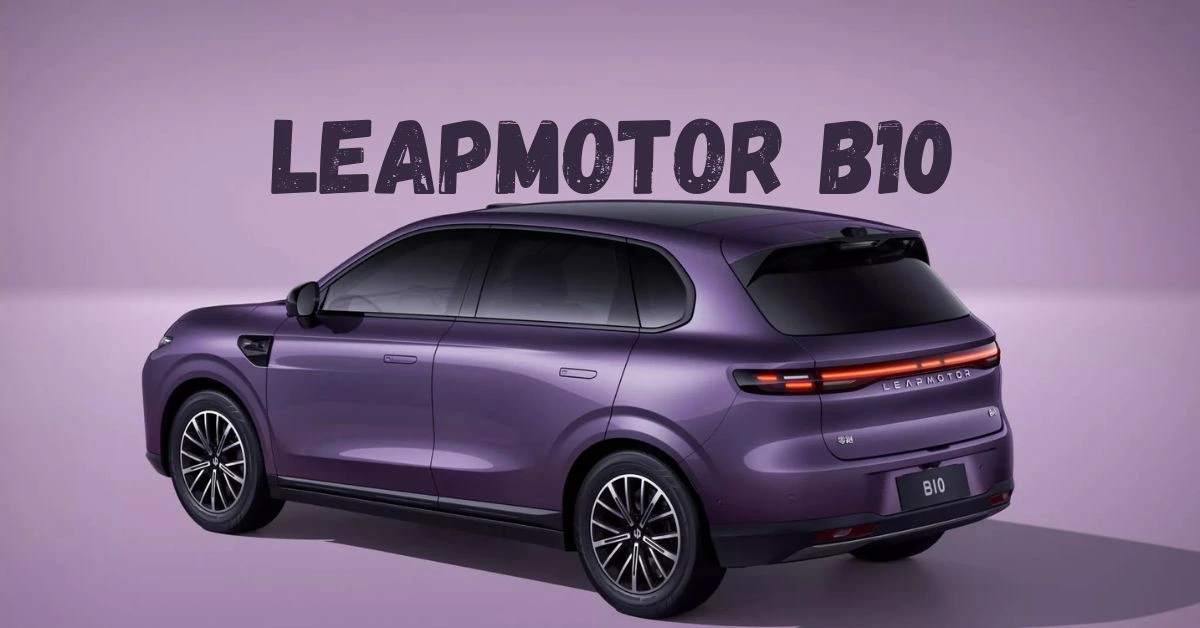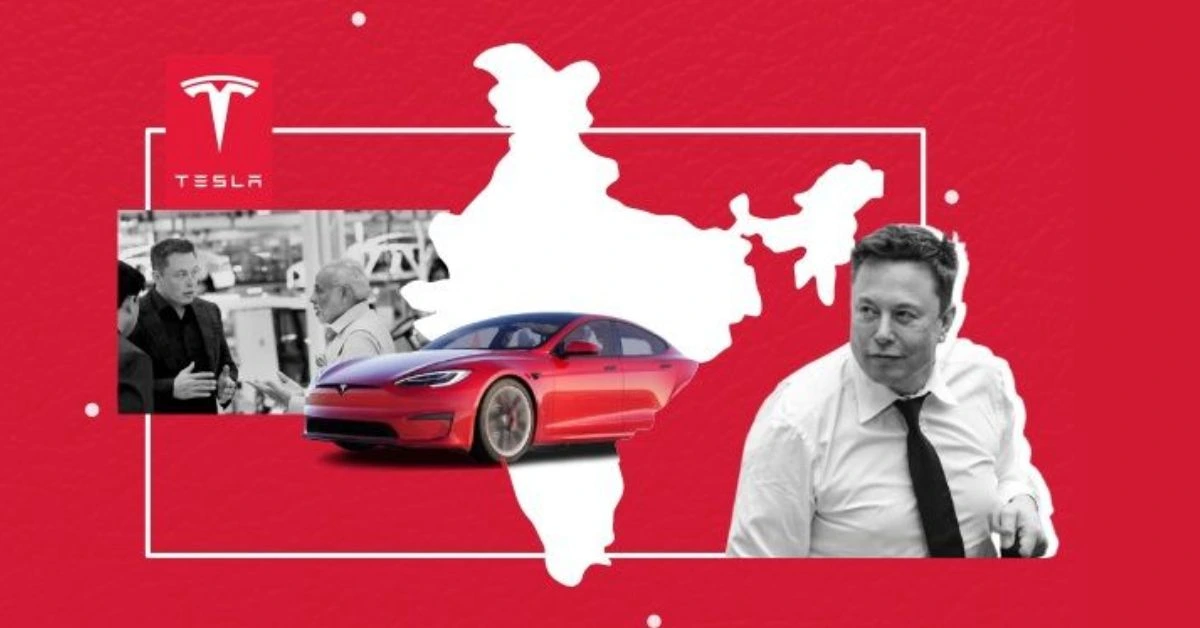India EV Import Policy 2024: Government’s New Efforts to Attract Tesla and Global EV Makers
The Indian government is renewing its efforts to attract major electric vehicle (EV) manufacturers like Tesla with new revisions to its India EV import policy. Following a lukewarm response to the policy introduced last year, the government is holding workshops to engage stakeholders and gather valuable feedback on improving the scheme. This revised approach aims to make India a more attractive destination for top international EV manufacturers, including industry giants such as Tesla, Hyundai, and BMW.
The India EV import policy was initially introduced to stimulate the local EV market by offering reduced tariffs on imported high-end electric vehicles. Still, its uptake has been slower than expected. Now, in an attempt to reassess the plan and address the concerns of global players, the government has scheduled another round of consultations and is seeking input from companies interested in importing premium EVs at a lower tariff rate.
Table of Contents
Understanding the India EV Import Policy
India’s EV import policy allows international companies to import electric cars at a reduced customs duty rate, provided they meet certain conditions. The scheme primarily targets high-end EV manufacturers, such as Tesla, which had previously expressed interest in entering the Indian market if tariffs were lowered. The current policy offers a concessional customs duty of 15% for electric vehicles costing $35,000 or more. Under this scheme, companies can import up to 8,000 vehicles annually, with unused quotas being carried over to the following year.
However, the India EV import policy requires participating companies to commit to significant investment and localization targets. Firms need to invest at least $500 million over five years and meet a domestic value-addition requirement. The policy’s goal is not only to boost EV imports but also to foster local manufacturing and create a robust ecosystem for EVs in India.
Key Features of the India EV Import Policy:
- Customs Duty Reduction: 15% on EVs worth $35,000 or more (instead of the regular higher rate).
- Import Quota: Up to 8,000 EVs can be imported annually, with unused quotas carried forward.
- Investment Requirements: Companies must invest at least $500 million over five years and localize up to 50% of production.
- Domestic Value Addition: A commitment to achieving 25% domestic value addition in the first 3 years and 50% within 5 years.
Government’s New Strategy to Attract EV Manufacturers

To breathe new life into the policy, the Indian government is taking steps to address the concerns of international EV makers. A workshop is being organized to allow companies to express their views and offer suggestions on the India EV import policy. The government hopes to fine-tune the policy based on industry feedback, especially regarding the investment requirements and localization targets.
The first consultation held earlier this year saw the participation of key players, including Tesla’s representative from The Asia Group, along with other global giants such as Volkswagen, BMW, Hyundai, Mercedes-Benz, VinFast, and Indian manufacturers like Tata Motors and Mahindra & Mahindra. Despite the significant involvement of stakeholders, only a handful of companies have shown a strong interest in the scheme due to the high investment threshold and localization requirements.
In light of these challenges, the government is now considering whether to offer additional incentives or revise the policy to make it more appealing to companies looking to invest in India’s rapidly growing EV market.
Upcoming Workshop: A New Opportunity for Stakeholder Input
Later this month, the Indian government is organizing another workshop aimed at improving the India EV import policy. This consultation will allow companies to better understand the scheme’s terms and provide further feedback. The feedback gathered will play a crucial role in finalizing the rules governing the policy and shaping India’s EV future.
“The workshop will help companies better understand the scheme, and their inputs will be used to refine the policy.” said a senior government official. This initiative shows the government’s continued commitment to making India a hub for international EV manufacturers.
Why India Wants to Attract EV Makers Like Tesla

India’s push to attract international EV makers is part of a larger strategy to reduce dependence on fossil fuels and promote sustainable transportation. The EV market in India is growing, and the government aims to position itself as a global player in the EV manufacturing sector. Attracting companies like Tesla, which has a reputation for high-quality, innovative electric cars, is seen as key to transforming India’s EV industry.
Elon Musk, the CEO of Tesla, has long been vocal about his interest in entering the Indian market but has expressed concerns over high import tariffs. The India EV import policy could be the catalyst that finally brings Tesla to India, potentially reshaping the electric vehicle market in the country.
Challenges and Opportunities
The India EV import policy presents both opportunities and challenges for global automakers. While the reduced tariffs and import quotas are attractive, the high investment and localization targets have proven to be barriers for many companies. To attract more investments, the Indian government may need to revisit the scheme’s requirements and consider offering additional incentives such as subsidies or tax breaks.
Key Challenges:
- High Investment Threshold: Companies need to commit at least $500 million over five years.
- Localization Requirement: The 50% domestic value addition target is seen as difficult for some companies to achieve within the given timeframe.
- Limited Participation: Despite the incentives, only a few companies have shown a strong interest in the scheme so far.
Additionally, the lack of charging infrastructure and concerns over the country’s existing power grid are other factors that could deter investment from global players. However, the government’s willingness to engage with stakeholders through workshops and consultations shows a commitment to resolving these issues and creating a favorable environment for EV manufacturers.
Potential Opportunities:
With the government actively seeking feedback and potential policy adjustments, the India EV import policy could evolve into a more attractive proposition for international manufacturers. The workshops and consultations will play a crucial role in addressing concerns and ensuring the policy meets the needs of both global automakers and the Indian market.
- Reduced Import Tariffs: The 15% customs duty offers a competitive advantage for premium EV makers.
- Growing EV Market: India’s EV market is expanding rapidly, and there is potential for significant growth in the coming years.
- Government Support: The government’s willingness to revise the policy based on feedback shows a commitment to fostering a thriving EV ecosystem.
If India can overcome these challenges and create a conducive environment for EV makers, it could pave the way for a significant transformation in the country’s automotive industry, with Tesla, VinFast, and others leading the charge.
Conclusion
As India looks to become a key player in the global EV market, the India EV import policy will play a central role in attracting global manufacturers like Tesla and others. With ongoing workshops and consultations, the government is actively refining the policy to make India a more attractive destination for investment. Whether through reduced tariffs, investment incentives, or localization support, the India EV import policy has the potential to reshape the country’s electric vehicle industry and pave the way for a cleaner, greener future.
Read also: Electric Flying Taxis in Bangalore: Let’s Enter into the Future
FAQs about India EV Import Policy
1. What is the India EV import policy?
The India EV import policy offers reduced customs duties for companies importing high-end electric vehicles, provided they meet certain investment and localization targets.
2. What are the key benefits of the policy?
Companies can import premium EVs at a 15% customs duty rate, compared to the usual higher rate. They can also import up to 8,000 vehicles annually.
3. What are the investment requirements under the scheme?
Companies must invest at least $500 million over five years and meet domestic value-addition targets of 25% in three years and 50% in five years.
4. Why is the government holding workshops for the EV import policy?
The government is seeking feedback from stakeholders to refine the policy and make it more attractive to global automakers.
5. Is Tesla interested in India’s EV market?
Yes, Tesla has expressed interest in India, but the high import tariffs and investment requirements have been barriers to their entry.



